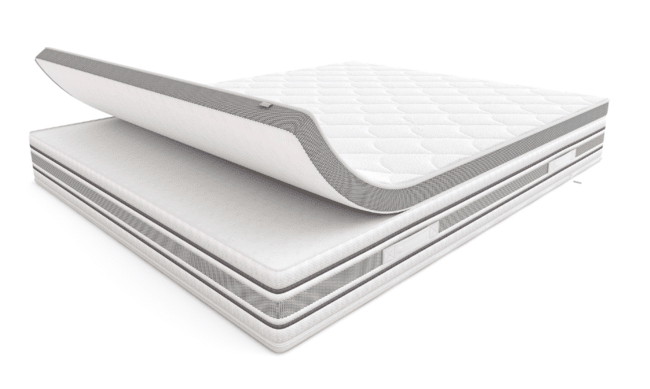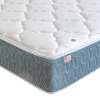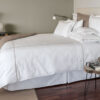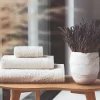A good night’s sleep is essential for your heart and brain health. You probably already know that you need seven to eight hours of sleep per night to operate well, but if you are under stress or don’t follow a regular sleeping schedule, it may be difficult to get enough rest. While the majority of people may suffer insomnia at some point in their lives, persistent insomnia can increase the chance of developing chronic diseases including heart disease and stroke. Consider using these suggestions to get a better night’s sleep.
Daily Habits to Help You Sleep
- – Create a regular sleep schedule by going to bed and waking up at the exact times every day, even on the weekends.
- – When you’re lying down, your body position is essential. In order to prevent back pain, the spinal column must be in the proper posture. This can be resolved with a customized mattress, taking into account the contours of your body and supporting each area while you sleep.
Control your level of stress. Anxiety at night may be lessened by making a list of everything on your mind earlier in the evening.
- – Avoid or restrict your intake of alcohol, caffeine, and nicotine. They are stimulants that make insomnia worse. Avoid caffeine at least two hours prior to bedtime and alcohol between two and four hours prior. While alcohol may initially make you drowsy, you can wake up multiple times in the middle of the night feeling dehydrated.
- – Try to work out for 20 to 30 minutes each day, but refrain from working out three to four hours before bedtime. Work out first thing in the morning, preferably outside. Sunlight helps your circadian clock adjust, and exercise gives you more energy for the rest of the day.
Prepare Your Bedroom
- – Create a cozy environment by keeping your bedroom dark and warm. A more comfortable bedroom supports better sleep.
- – Use earphones, a white noise machine, or a fan to drown out distracting noises.
- – Use essential oils If you find that odors like lavender help you unwind, try an essential oil diffuser to fill your entire space with peaceful aromas.
- – Use a comfortable pillow with comfortable silk pillowcases.
Getting Ready for Bed
- – Avoid eating and drinking excessively and eating too close to bedtime because these activities can disturb your sleep. Have a light snack if you are hungry.
If You Can’t Sleep
- – Set your alarm and then turn the clock face away from you. Don’t look at the time. Your anxiousness may worsen if you know what time it is when you’re awake at night or when you have to get up shortly.
- – Go to bed when you’re sleepy, and don’t stay in bed if you’re not sleeping — If you’re unable to sleep for about 15 to 20 minutes, get out of bed and go back to doing a buffer zone activity.
- – Take your medication first thing in the morning. Several medicines, including antidepressants, some high blood pressure medications, and antihistamines, can cause sleep disruption. Consult your doctor about changing your pill schedule.















